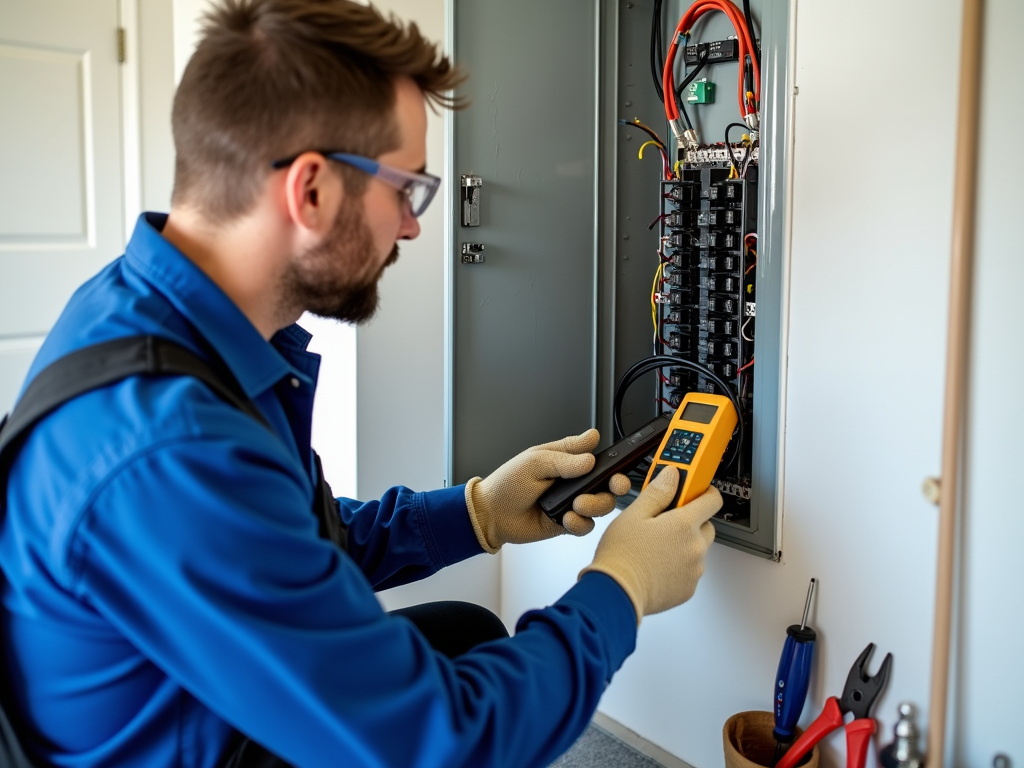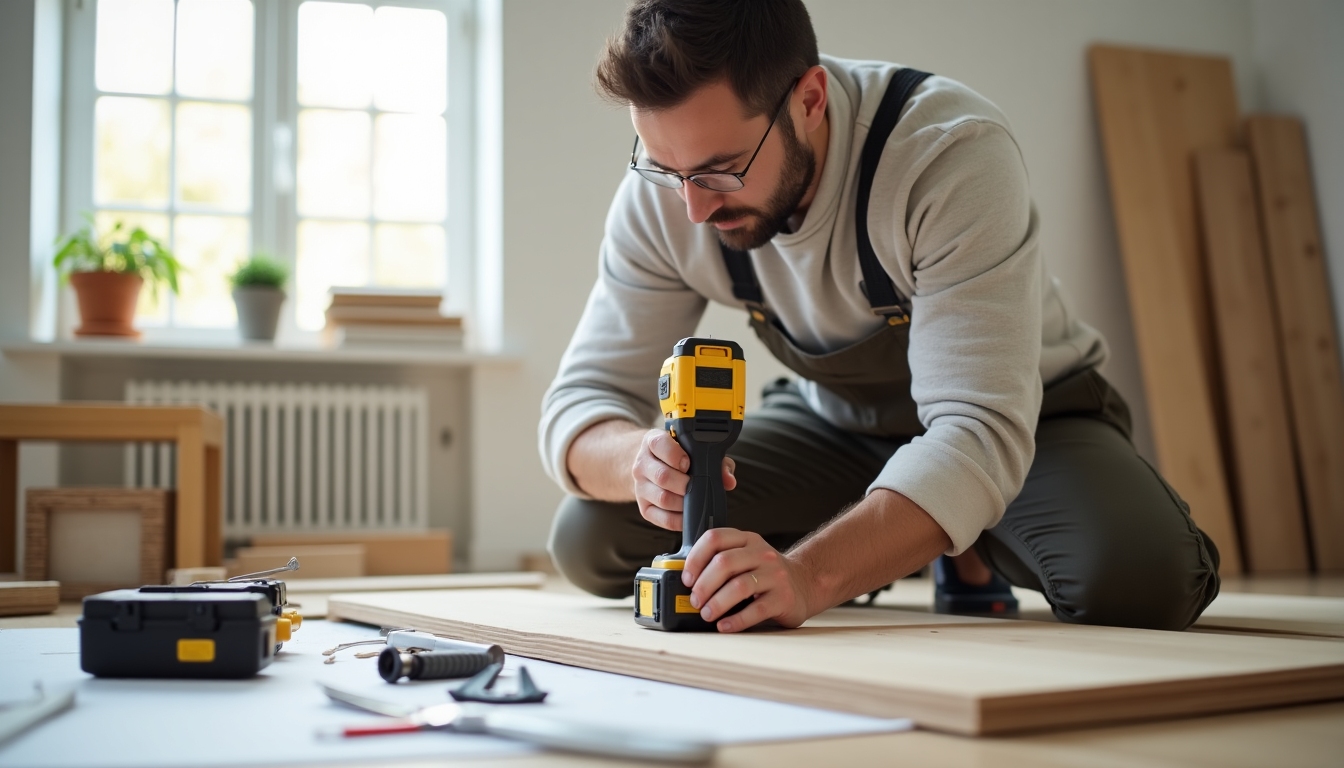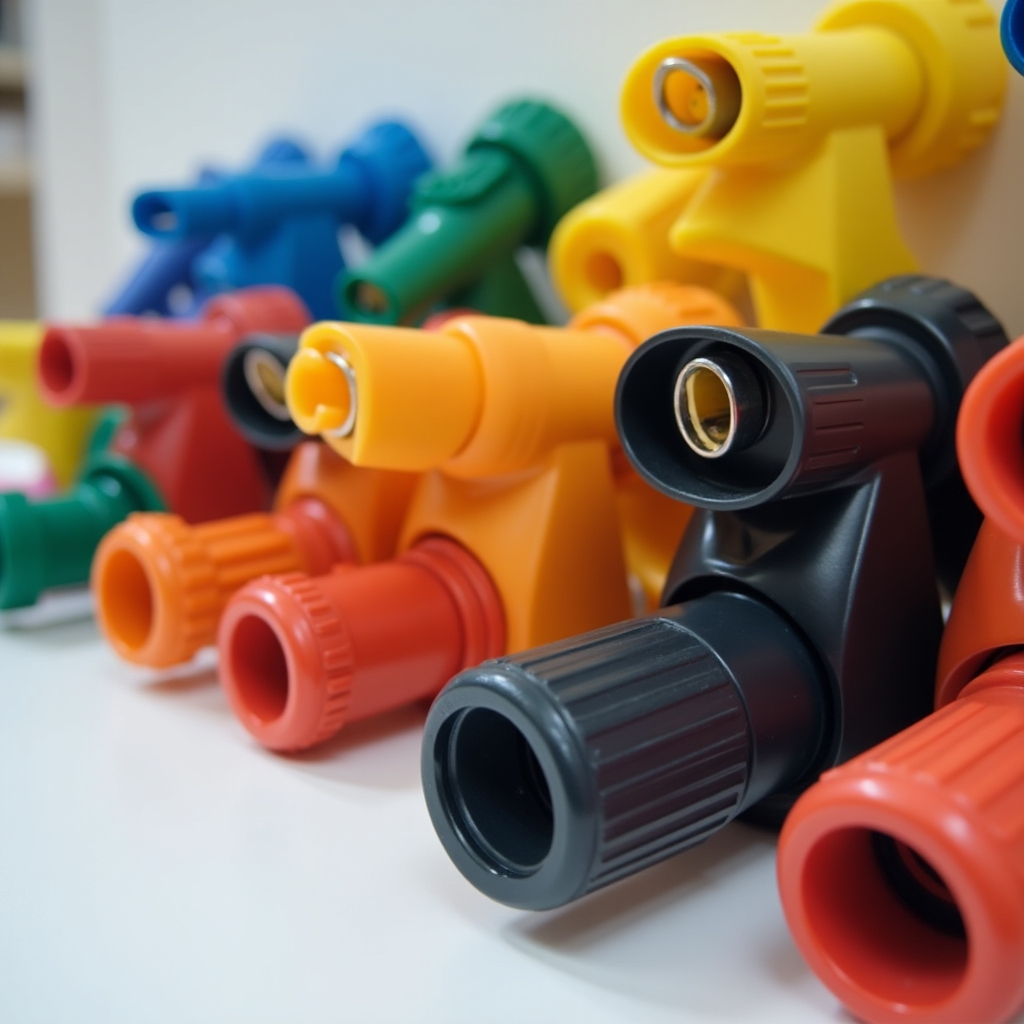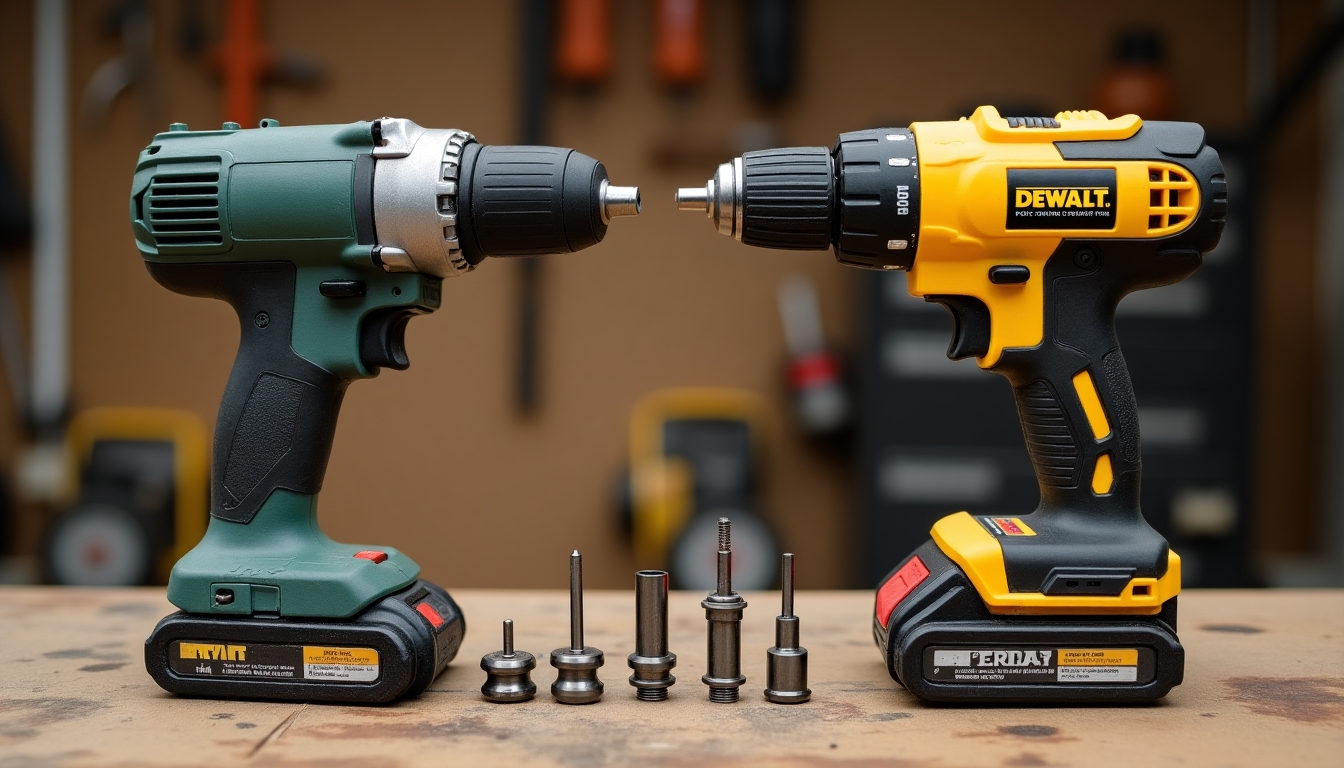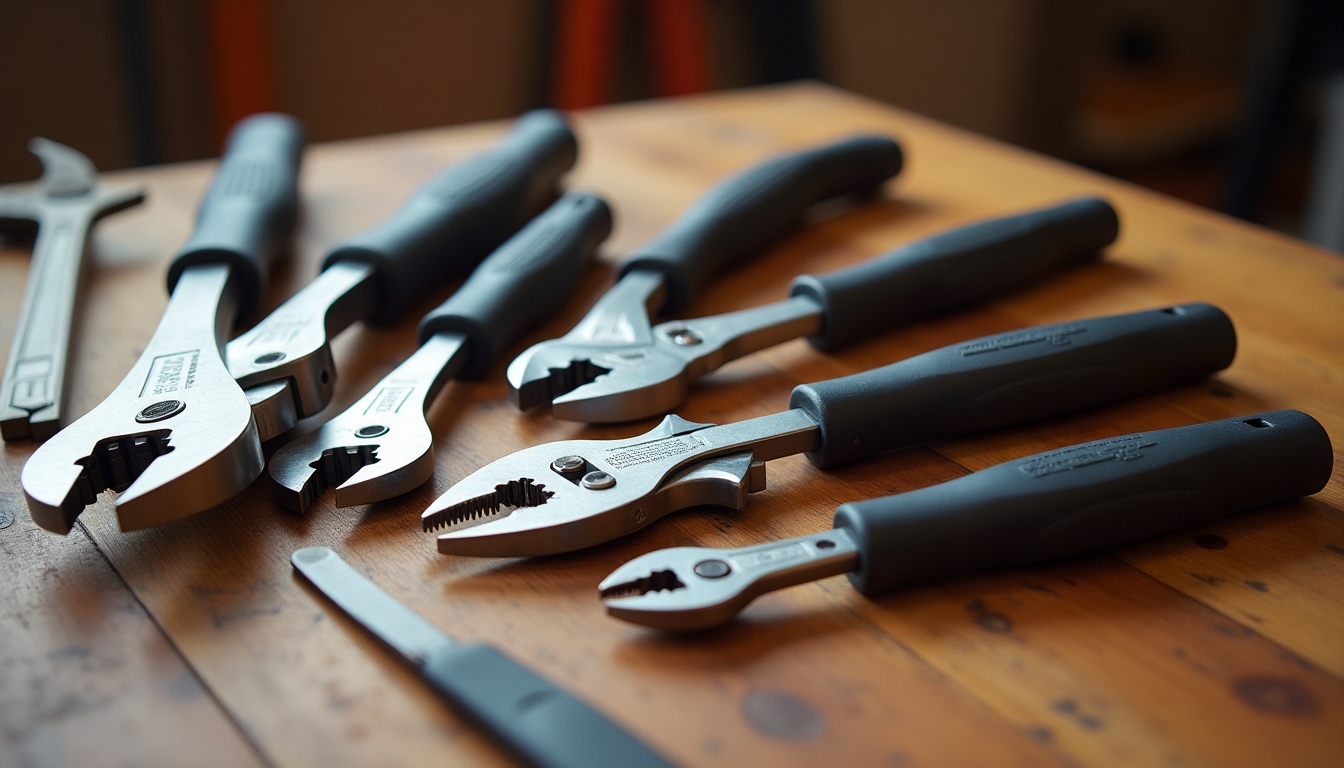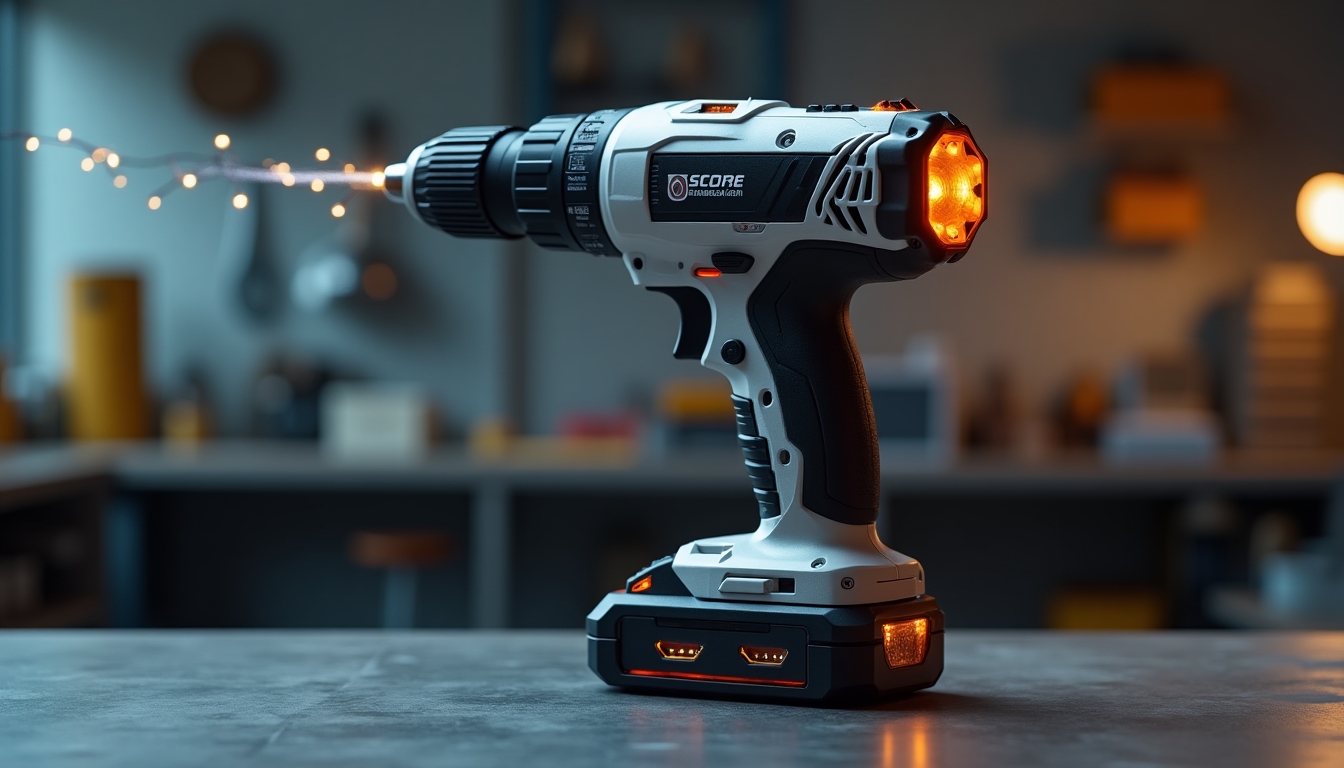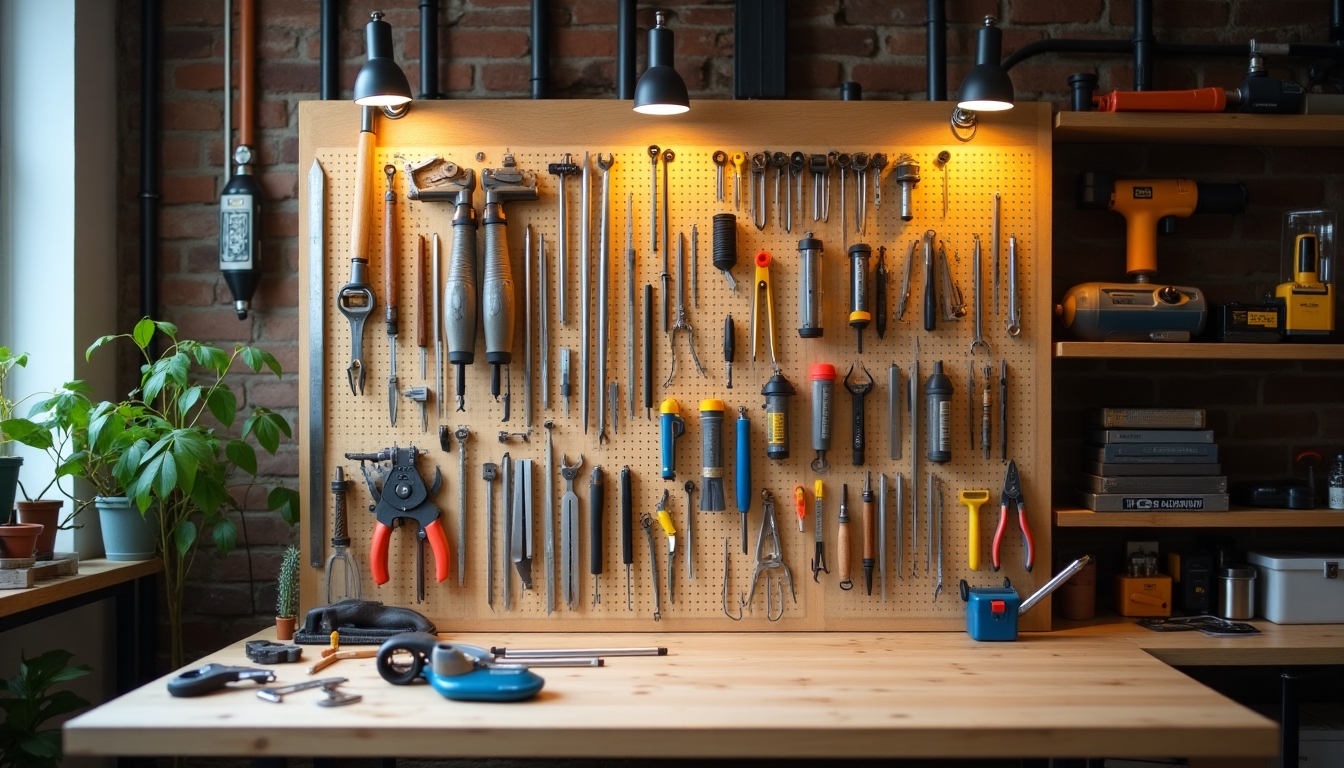Introduction
When it comes to electrical tasks, choosing the right tools is paramount for safety and efficiency. Whether you're a seasoned electrician or a DIY enthusiast, understanding the essential electrical tools for wiring and installations can significantly impact your work experience.

Essential Electrical Tools for Wiring
To kick off your toolkit, you'll need a few essential items. Let's break them down:
- Screwdrivers: Both flathead and Phillips head are crucial for removing and securing switchplates. Look for insulated versions to ensure safety.
- Wire Strippers: These allow you to strip the plastic coating from wires without damaging the copper beneath.
- Needle Nose Pliers: Perfect for bending wire ends or getting into tight spots.
- Voltage Tester: It’s important to ensure that no voltage is present before working on any circuit.
- Electrical Tape: Used to insulate wires and protect them from moisture and mechanical wear.

Navigating the World of Power Tools
Some tasks require more powerful solutions:
- Drill: Ideal for mounting fixtures or running wires through studs and masonry.
- Rotary Cutter: Useful for cutting holes in drywall or sheet metal.
- Multimeter: A step up from a voltage tester, it checks for current strength, resistance, and voltage.
From my personal experience, a multimeter is invaluable. It's helped me diagnose numerous tricky electrical issues by offering precise readings, saving both time and guesswork.

Specialty Tools for Advanced Installations
For more complex jobs, these tools are indispensable:
- Fish Tape: Essential for pulling wire through conduits and behind walls.
- Conduit Bender: This is used to shape metal conduits, ensuring the proper form and fit in your installations.
- Cable Puller: Ideal for heavy-duty tasks involving large wire bundles.
In my journey, I found the fish tape particularly challenging to master, but with practice, it saves considerable time, especially in retrofitting projects.

Safety First: Protective Gear
No matter the level of expertise, personal safety should never be compromised.
- Gloves: Invest in high-quality insulated gloves to protect against electric shocks.
- Safety Glasses: Always wear eye protection when working with power tools or in dusty environments.
- Ear Protectors: When using loud tools, ear protection is a must to guard against hearing loss.

Wrap-Up
Choosing the right electrical tools for wiring and installations can make your job safer and more efficient. When armed with the right tools and knowledge, even complex electrical tasks become manageable undertakings.
Whether you're tackling simple home improvements or involved in intricate installations, always prioritize safety and precision in your work.
Related electrical tools for wiring and installations:
- Safety Tips for Working with Electricity
- Choosing the Best Power Tools for Home Projects: A Comprehensive Guide
- The Essential Guide to Rotary Tools for Jewelry Making
- Key Features to Look for in Cordless Power Tools
- Mastering Workbench Efficiency: A Comprehensive Guide
- Essential Workman Tools for Contractors: A Comprehensive Guide
- Top Power Washer Accessories for Better Cleaning
- Power Drills with Multiple Attachments: A Comprehensive Guide
- Mastering Power Washer Troubleshooting and Repair
- Choosing Ergonomic Hand Tools for Reduced Strain
- Innovative Workman Tools in 2024: The Future of Craftsmanship
- Mastering Advanced Workman Tools for Complex Projects
